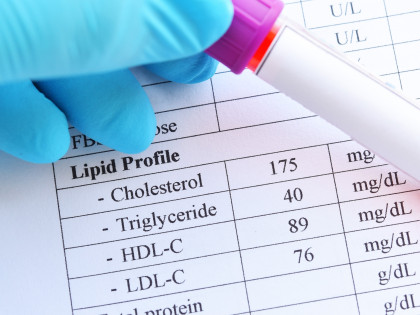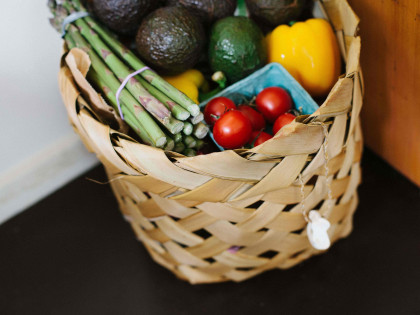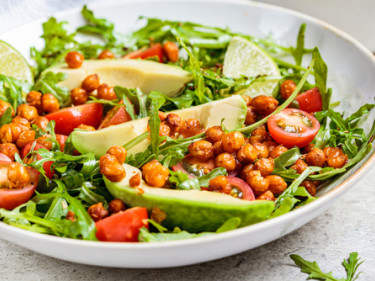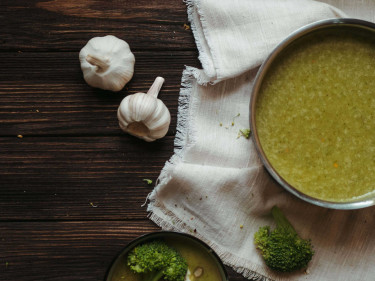Heard the phrase ‘an apple a day keeps the doctor away’? Who hasn’t! New research confirms that every healthy eating occasion can add minutes to your life, be environmentally sustainable, and lower your healthcare costs.
We have broken down new research findings about how to eat better to live longer, while having a positive impact on the environment, and spending less on healthcare.
What did the research find?
New research using data from the Global Burden of Disease Study analysed health benefits of individual food items and translated this data into how many minutes of life you could gain, or lose, by eating a serving of that food. Here are the key points:
Foods and nutrients found to add minutes to your life (by reducing chronic diseases and death rates) include nuts, seeds, foods rich in fibre, wholegrains, legumes, fruits, vegetables, milk and calcium and healthy fats (omega-3 and polyunsaturated fats).
Foods and nutrients that were linked to a decrease in minutes of life (by increasing chronic diseases and death rates) included sugar sweetened drinks, red meat, processed meat, unhealthy fats (trans fats) and salt.
This study also cross-checked the health benefit of foods with their environmental impact and classed foods as being in the green zone (high nutritional benefit and low environmental impact), red zone (low nutritional benefit, high environmental impact or both) and amber zone (in between). Here are the key points:
Green zone foods are primarily plant based foods, including nuts, fruits, vegetables, legumes and wholegrains, as well as some seafood.
Amber zone foods include poultry, dairy foods, egg-based foods, cooked grains (e.g. rice) and vegetables produced in greenhouses.
Red zone foods include processed meat, red meat, sugar sweetened drinks, cheese-based foods and some seafood.
Another new research study out this week analysed fruit and vegetable intake data from the Australian Longitudinal Study of Women’s Health in relation to healthcare costs over 15 years. The results - women who ate fruits and vegetables more frequently and a wider variety had lower health care use and healthcare costs!
What does this all mean?
Eating a variety of healthy foods from the five food groups regularly is linked to a longer, healthier life
Eating mostly plant-based foods is best in terms of nutritional value and environmental impact
Limiting how much, and how often you eat energy-dense, nutrient-poor ‘junk’ foods is better for you and better for the environment.
Want to see how your diet stacks up?
Find out in under 10 minutes with our Healthy Eating Quiz!













